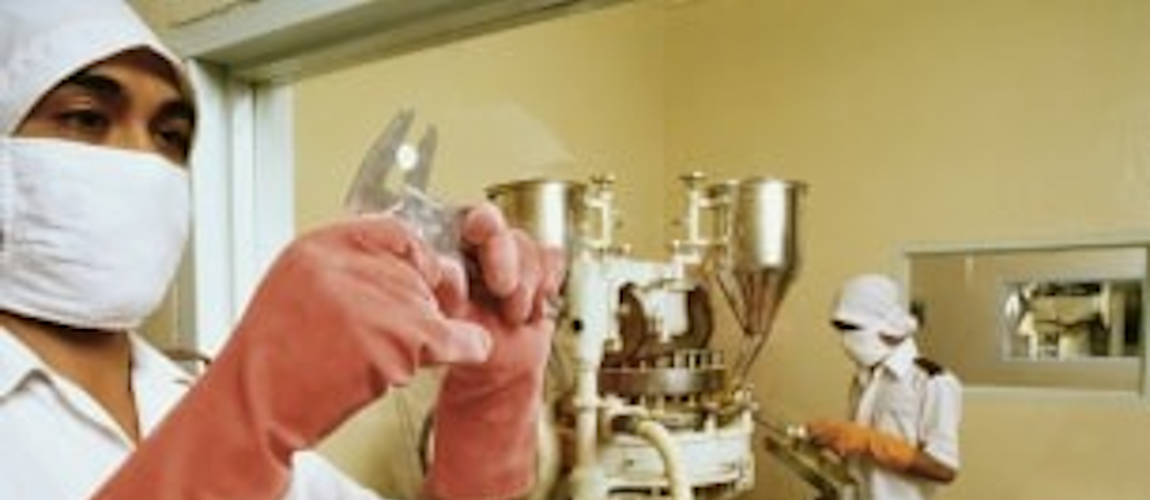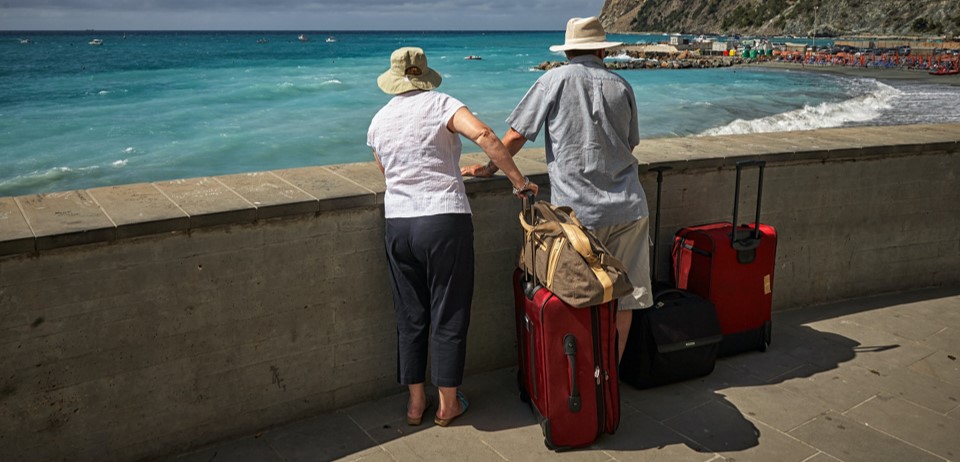What is STI?
Just as the name indicates, S.T.I. regroups a whole range of sexually transmissible infections. These are caused by several germ families:
bacteria for syphilis, gonorrhoea, Chlamydia, soft chancre, mycoplasm…
viruses for AIDS (acquired immune deficiency syndrome), Hepatitis B and C, diseases to due CMV (cytomegalovirus), Herpes and genital warts.
fungi in the case of vaginal infections,
Trichomonas vaginalis parasites.
Beyond the often serious and direct consequences of the disease itself, patients with S.T.I. risk transmitting the disease to their partner(s), developing cancers, sterility, and for pregnant women, infecting their foetus.
For the traveller, the risk of sexually transmitted infections is very real, and all the more so if the index of its development in the visited country is low.
What are the signs of STI and how do you treat it?
More often than not, the person who transmits the STI is unaware that he/she even has it. Someone who has just been contaminated risks contaminating someone else even before clinical signs begin to appear.
Symptoms occur more or less rapidly. A diagnosis is not always that easy and can require long investigations. The treatments are often long and restricting, and can cause undesirable after effects. In addition, they do not always guarantee that one is cured.
In case a condom accidentally tears, you must immediately seek medical advice to evaluate the risks of a possible STI transmission, particularly regarding the AIDS virus, and decide together whether or not to begin an antiviral preventive treatment.
In addition, you must consult a doctor immediately if the following symptoms occur: swollen glands around the groin, genital ulcerations, venereal growths (cockscomb), pain when ejaculating, urethra discharge, urinary burning, abnormal vaginal discharge (leucorrhoea), bleeding not associated with one’s period, pains during sexual intercourse, but also skin rashes, joint pains, fever and flu symptoms…
How to prevent STI
Aside from Hepatitis B, there are no vaccines against these infections, so prevention is absolutely essential! All valid recommendations are good for application in your home country and around the world. The only sure way to avoid being contaminated by S.T.I. is to abstain from sexual activity. For most people who do not want to go to this extreme, it is essential to systematically use a condom.
A final recommendation is never to walk barefoot. Certain S.T.I’s (often the most serious like AIDS or Hepatitis) are not only sexually transmitted but also transmitted via the bloodstream. An abandoned syringe or needle in the sand can accidently prick you. It is easy to avoid this risk by always wearing shoes, and this goes for your children too, when you are walking about, even and especially, in the hotel gardens or along the beaches.
If you have any problem while travelling, don’t wait until you get home to consult a doctor. The regulating doctor of your assistance company is available to discuss any questions or doubts you may have about your health. He/she can provide useful advice, contact your family doctor and organize a consultation wherever you are.

















